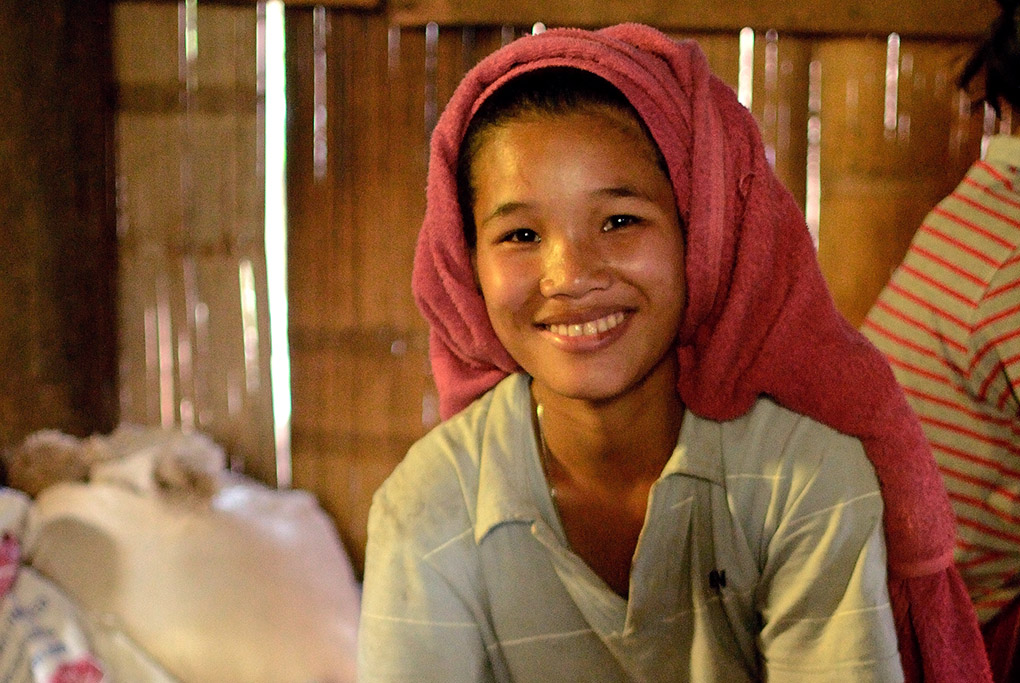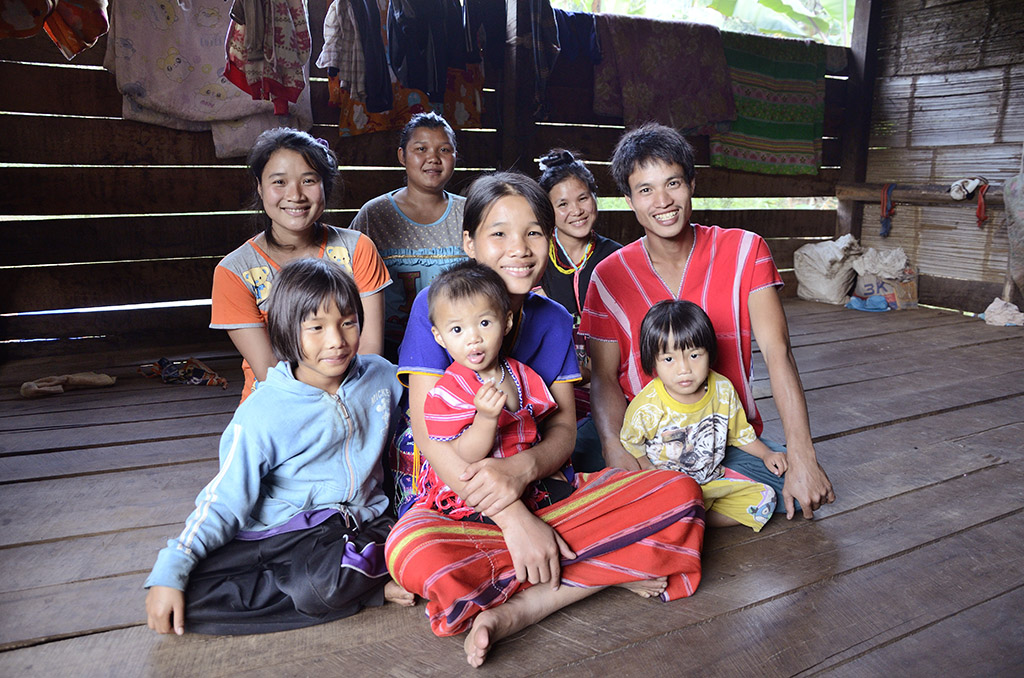What would you do if your child was sick, but you couldn’t read the label on the medicine? Imagine how you’d feel if you had to put a cross on the hospital forms because you couldn’t sign your name?
For a group of women in a remote community on the Thai-Myanmar border this was their daily struggle.
Like many women in her village, SueMue got married when she was 12-years-old, ending her education and dreams of obtaining a high school diploma. A year later she gave birth to her first child, a baby girl, assisted at home by two midwives. While SueMue’s marriage followed the traditions of the generations before her, rapid modernisation in the village brought with it a shift in attitudes towards girl’s education. Instead of marrying at 12 or 13, girls were now encouraged to stay in school and delay marriage.
Caught in a rift between tradition and change, SueMue wondered whether she’d missed her opportunity to gain her high school diploma.
Thankfully, help came through the church. After giving birth, SueMue was registered into a Compassion Child Survival project, connected to Na Doi Church. Here SueMue found herself part of a group of women who, like her, had also missed out on their education.
Having been taught about hygiene, child care, parenting and nutrition at the Child Survival project, the mothers felt encouraged to make a further request. They approached the project staff and asked to be taught to write their names in Thai, explaining the embarrassment they felt having to put a cross or a thumbprint on hospital and legal forms.
Lifesaving literacy lessons
Glad to assist, the staff arranged literacy classes for the mums, held at the church and in their homes to provide a more informal relaxed environment where they could learn while taking care of their children. The classes were so successful they are now a standard part of the project activities. “We teach all new mothers who come to read and write well enough to sign their names, but also read the dosage and directions on medicine for their children,” explains Sopa, the project director.
This simple but vital action has a profound impact on their children’s health. According to the United Nations, if all women had primary school education there would be 15% fewer child deaths. And if we increase that to a secondary school education there would be 49% fewer child deaths, saving 3 million lives each year.
Getting behind the steering wheel
Learning to write wasn’t the end to the mothers’ determination to learn. A few months later they approached staff again to askinghow to obtain a drivers licence so they didn’t have to make the six mile journey to the market on foot, carrying their goods.
And once again, thanks to the partnership with the church, the project stepped in to address this local need by contacting the local government transportation office. Staff from the transport office came to the village where they held a workshop. After the training, eight women bravely took the driving exam.
“They all passed, first try!” exclaims pastor Boonland with great pride and joy. “We hope that through their example, the other mothers who took the workshop won’t be scared and will go take the test as well. Now that they see it can be done.”
Determined to graduate
As for SueMue, there didn’t seem a bigger challenge than completing her high school diploma.
To help her achieve this, the project connected her to an adult learning programme. “The main thing I want to be able to do is read, so I can read stories to my baby girl and boy,” says SueMue.
Investing in a mother’s literacy and wider education is vital for the health and wellbeing of her children. Thanks to the Child Survival Programme, we’re providing mums with vital education and training which ensures mum and baby have the best possible start to life.






